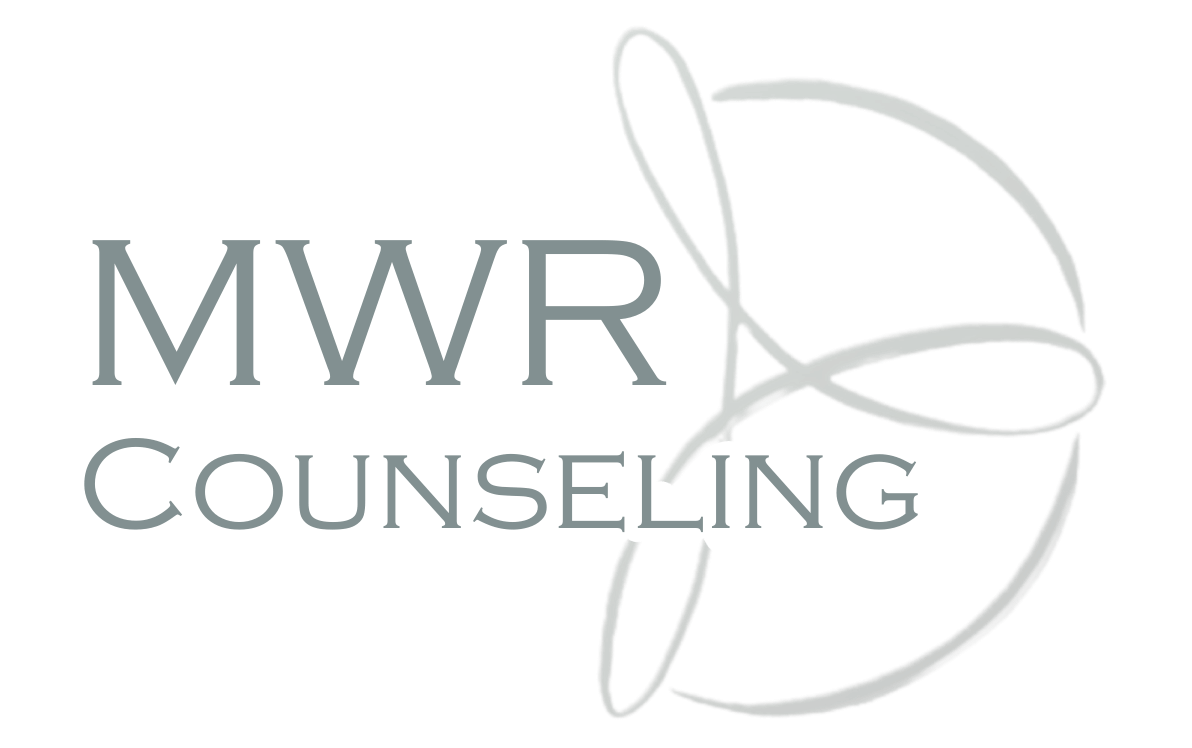The fear (and joy) of missing out

Written by Gabby Hartman, tLMFT
Have you heard of FOMO? It stands for “fear of missing out.” While it might sound like just another silly slang word to add to the long list of “millenial-isms,” FOMO is actually a concept recently being studied and researched, due to its prevalence in today’s society. So what exactly is it?
The unofficial definition of FOMO can be summed up as the anxiety, sadness, and/or frustration that one experiences when hearing or thinking about an event that they are not or will not be participating in. It’s typically linked to learning of these events via social media, although you can definitely experience it through a casual conversation.
How do you know you’re experiencing FOMO? Here’s a quick quiz:
When you hear about something that friends have done together, which of these is your typical response?
- Saying “That sounds like it was fun!”
- Feeling worried, jealous, left out, and/or annoyed
- A little bit of each?
No matter your answer, we all are prone to experiencing some FOMO every once in a while. This could look like a lot of different things:
- Feeling like we have to accept every social invitation
- Struggling with hearing about others’ experiences due to jealousy or frustration
- Anxious thoughts about events that we may be missing out on
 Maybe it’s time to introduce a new concept: JOMO- the “joy of missing out.” Can this actually exist? We can certainly work toward experiencing it!
Maybe it’s time to introduce a new concept: JOMO- the “joy of missing out.” Can this actually exist? We can certainly work toward experiencing it!
Perhaps you’ve heard the saying “You can do anything, but not everything.” There is some truth to this! Many of us have been taught to live life to the fullest and to try to enjoy every moment. There are absolutely some benefits to applying these philosophies to our ways of living. However, these thinking patterns can also have some consequences. We might feel anxious that we’re not making the most of our free time. We may think that we’re wasting our lives not packing every hour full of activities and responsibilities. This is where we start to experience that fear of missing out, and overload our schedules and brains.
The truth of the matter is: You can only give a certain amount of yourself, to a certain activity, for a certain time. This means: You cannot give 100% of yourself, to everything, all the time. We will all miss out on social events and experiences from time to time. There are only so many hours in a day, and only so many days that we each receive.
 If we can accept that we can’t do everything, then we can start to work toward experiencing the joy of missing out. We can begin to enjoy our lives for what they already are, instead of constantly worrying about what they aren’t. The present starts to be what we focus more on our energy on.
If we can accept that we can’t do everything, then we can start to work toward experiencing the joy of missing out. We can begin to enjoy our lives for what they already are, instead of constantly worrying about what they aren’t. The present starts to be what we focus more on our energy on.
This isn’t to say that we can’t ever feel upset that we missed out on something. But there is a difference between:
- Feeling sad because we missed an event that we believe would have brought value to our life
- Experiencing worry because we missed something that we think would have brought value to our life
Ask yourself: What is important to me? What is necessary? What is desirable? At times, it may feel like what is desirable must be necessary and important; however, this isn’t always the case. If you feel a twinge of worry or sadness when you think about missing an upcoming event, dig deeper. It could be that this is a knee-jerk reaction, and not something that you truly prioritize as important and/or necessary to you.
Here are some more tips for managing FOMO:
- Check your social media use. Do you have good boundaries? Boundaries can be related to time spent on social media, emotional energy given to social media, or even who you interact with on social media. Respect your boundaries; they are there to protect you. And take a break if necessary!
- Practice “quality over quantity.” Approach your calendar and relationships with the mindset that sometimes more doesn’t always necessarily equal better. When we say no to some things, that can open up opportunities for a better yes to other things.
- Get to the root of what’s underneath your FOMO. What’s the main reason you’re upset you missed that party? Is it because you really wanted to go, or are you craving connection with a person who was there? Sometimes we do need to nurture a relationship, but it doesn’t always have to be in a group setting.
- Reflect on your life and what you are grateful for in the present. Are there things that you do every day that fill you up? Just because we don’t post a meaningful moment, doesn’t mean that it wasn’t impactful.
Content provided in this blog post is for informational purposes only. Content is not intended to be a substitute for professional recommendations, diagnosis, or treatment. Always seek care from a mental health professional or other qualified health care provider with any questions you may have regarding your condition.
Please contact one of our skilled and trained mental health providers at MWR Counseling at (319) 693-5694 if you believe you would benefit from receiving professional mental health care. If you think you are in a mental health crisis, please call the Foundation 2 Crisis Line at 1 (800) 332-4224; if you are experiencing an emergency, please dial 911.





